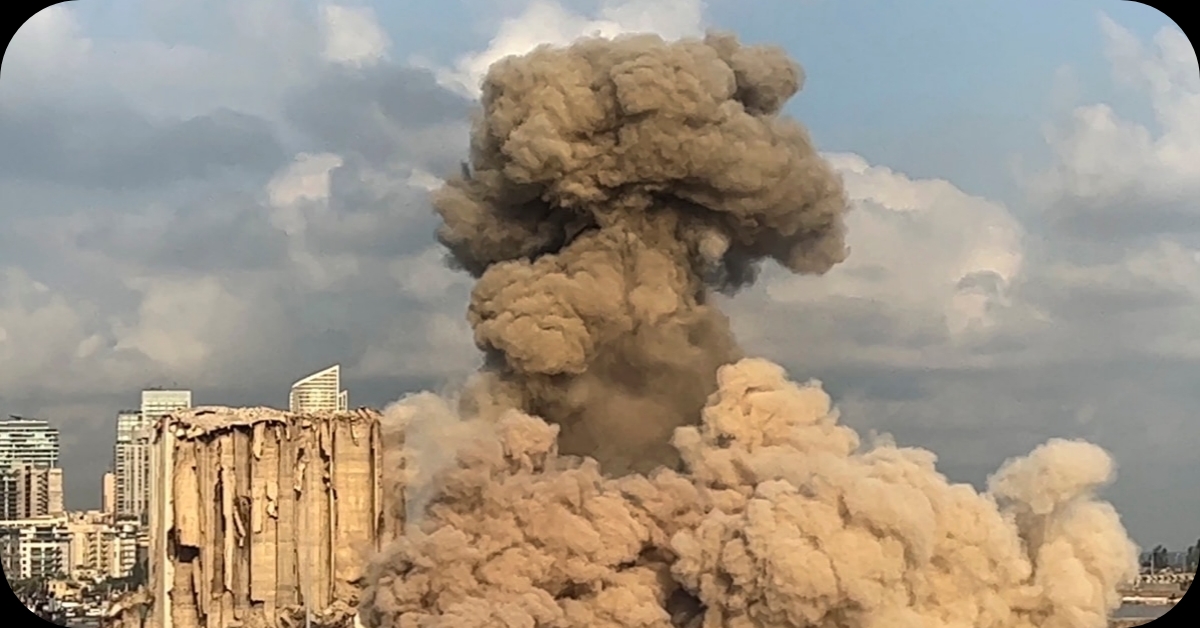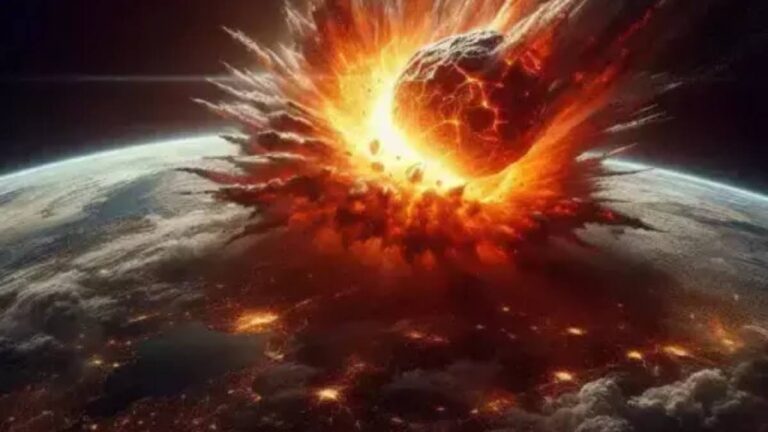On September 18, 2024, Lebanon was once again thrust into a state of grief and devastation as a series of explosions ripped through various locations across the country. This tragic event has sent shockwaves throughout the nation and the global community, reigniting concerns about Lebanon’s enduring vulnerabilities and challenges. The explosions have claimed numerous lives, caused widespread destruction, and left the Lebanese people grappling with the aftermath of yet another catastrophic disaster.
nationalhubs.com
The Explosions: What Happened?
The series of explosions began in the early afternoon, with the first reported blast occurring near Beirut’s port area, eerily reminiscent of the tragic explosion that devastated the capital in 2020. Shortly after, several other explosions followed in different locations across the country, including the cities of Tripoli, Sidon, and Zahle. Eyewitnesses described scenes of chaos, with buildings collapsing, cars ablaze, and plumes of smoke rising into the sky. The blasts were heard for miles, sending panic through local communities.
While the exact cause of the explosions remains under investigation, initial reports suggest that they may have been triggered by the accidental detonation of volatile materials stored in several industrial sites. However, some speculate that the scale and coordination of the blasts could indicate a more sinister plot, possibly linked to terrorism or internal strife.
Casualties and Destruction
The human toll of the explosions has been staggering. As of the latest reports, more than 200 people have been confirmed dead, with thousands more injured. Many of the victims were caught in the blast zones while going about their daily activities, while others were emergency responders who bravely rushed to the scenes to provide assistance. Hospitals, already strained by Lebanon’s ongoing economic crisis and the aftermath of previous disasters, have been overwhelmed by the influx of patients.
The destruction caused by the explosions has been widespread and severe. In Beirut, buildings that were still under repair from the 2020 blast have now been further damaged or completely destroyed. Businesses, homes, and vital infrastructure such as roads and bridges have been reduced to rubble, leaving thousands of people homeless and without access to basic services. In Tripoli and Sidon, similar scenes of devastation have emerged, with entire neighborhoods flattened and emergency services struggling to reach those in need.
The Response: A Nation in Crisis
In the wake of the explosions, the Lebanese government has declared a state of emergency and called for international assistance. Prime Minister Najib Mikati addressed the nation in a televised speech, expressing his condolences to the families of the victims and vowing to hold those responsible accountable. He acknowledged the deep pain that Lebanon has suffered in recent years and called for unity in the face of this latest tragedy.
Emergency services and humanitarian organizations have mobilized to provide aid to those affected, but the scale of the disaster has made it difficult to deliver timely assistance. The Lebanese Red Cross and other aid groups have set up makeshift shelters for displaced families, while hospitals and clinics have been working around the clock to treat the injured. Volunteers have also stepped in to help clear debris and search for survivors, demonstrating the resilience and solidarity of the Lebanese people.
A Country Already on the Brink
This tragedy comes at a time when Lebanon was already grappling with profound political, economic, and social challenges. The country has been in the grips of a severe economic crisis, with soaring inflation, unemployment, and a collapsing currency pushing many Lebanese into poverty. Political instability, corruption, and a lack of basic services have further eroded the public’s faith in the government’s ability to lead the country through its darkest moments.
For many, the explosions on September 18, 2024, are yet another painful reminder of Lebanon’s enduring vulnerabilities. The country’s infrastructure has been in a state of disrepair for years, and the lack of regulatory oversight has allowed dangerous materials to be stored in densely populated areas. Additionally, Lebanon’s security situation has remained fragile, with the threat of terrorism and internal conflict ever-present.
The Lebanese people, already burdened by years of hardship, now face the daunting task of rebuilding their lives yet again. Many have expressed anger and frustration at the government for failing to prevent another disaster, with protests and demonstrations erupting in several cities. The sentiment on the streets is one of deep sorrow but also simmering outrage, as citizens demand accountability and a full investigation into the cause of the explosions.
International Reaction and Aid
The international community has expressed its solidarity with Lebanon in the wake of this tragedy, with world leaders offering their condolences and pledging support. The United Nations, European Union, and various countries, including France, the United States, and neighboring Arab nations, have offered to send financial aid, medical supplies, and rescue teams to assist with recovery efforts. French President Emmanuel Macron, who has been a vocal advocate for Lebanon’s recovery since the 2020 blast, issued a statement calling for swift international action to help Lebanon through this new crisis.
However, there are concerns about how effectively international aid will be utilized, given Lebanon’s history of corruption and mismanagement of resources. Many donors have called for stringent oversight to ensure that aid reaches those who need it most and is not siphoned off by corrupt officials or organizations. Transparency and accountability will be key in ensuring that Lebanon can recover from this latest catastrophe.
Moving Forward: The Road to Recovery
As Lebanon begins to pick up the pieces once again, the road to recovery will be long and fraught with challenges. The country’s leadership faces immense pressure to address the root causes of the explosion, improve safety regulations, and reform the political and economic systems that have left the nation so vulnerable. The Lebanese people, resilient as ever, will undoubtedly rise to the challenge, but they will need the support of the international community and meaningful change from their government to truly heal and rebuild.
The explosions of September 18, 2024, will forever be etched in Lebanon’s collective memory as another tragic chapter in a history marked by hardship and loss. But amid the sorrow and destruction, there is hope that this disaster could serve as a turning point, galvanizing efforts to bring about the reforms and stability that Lebanon so desperately needs.



















